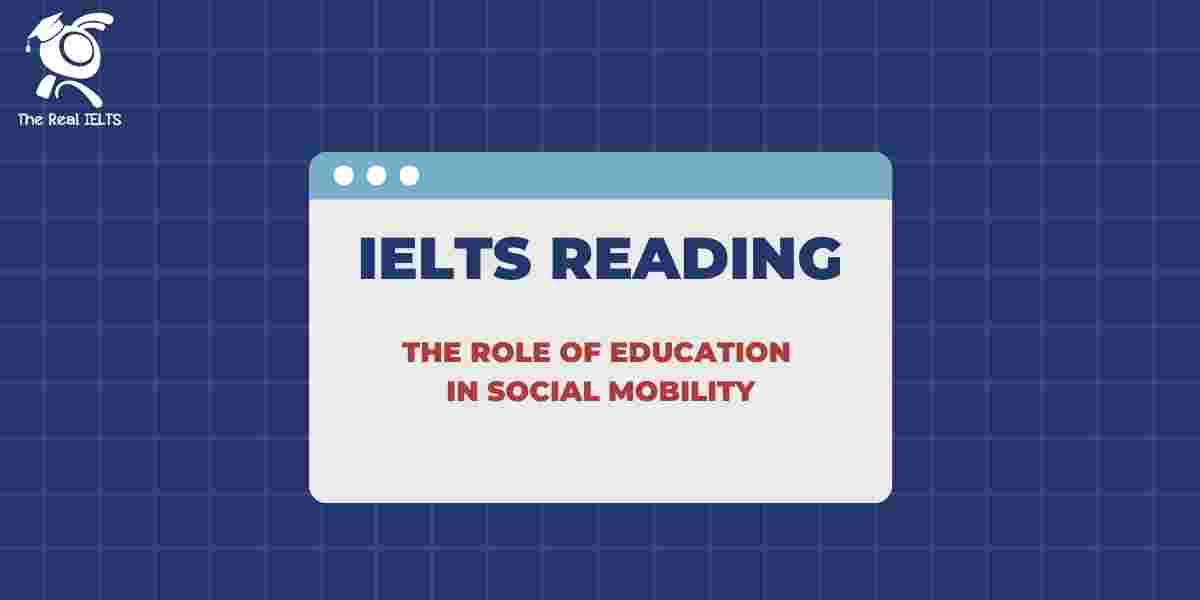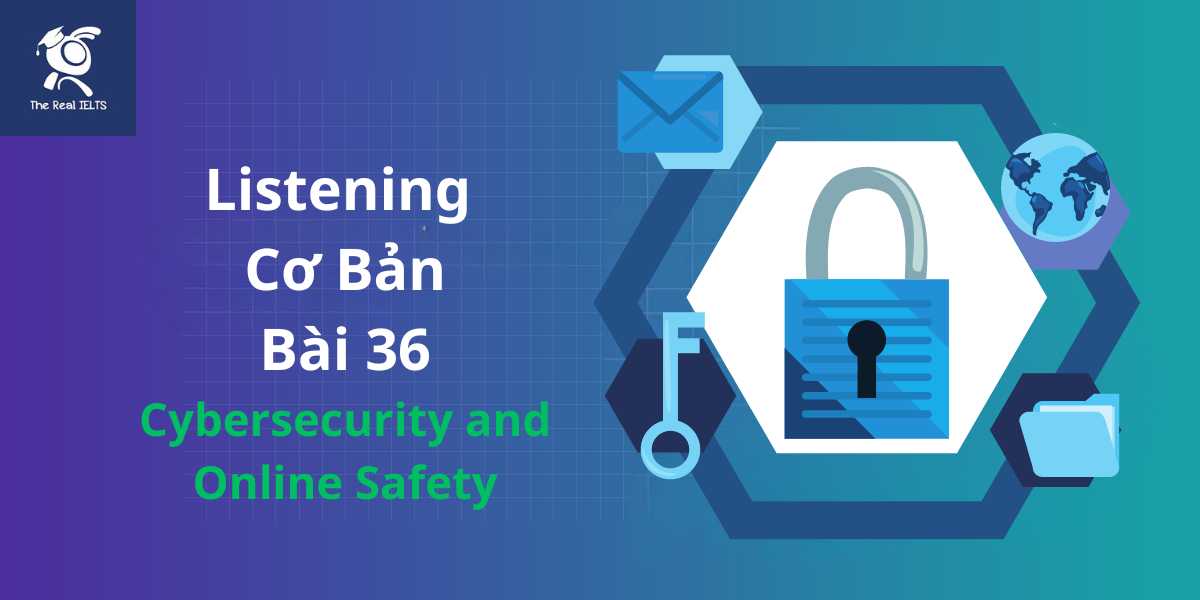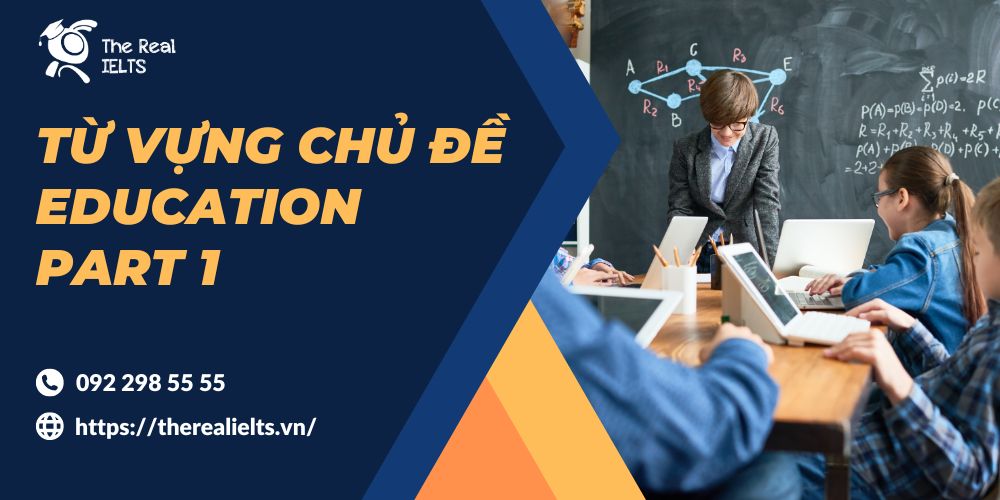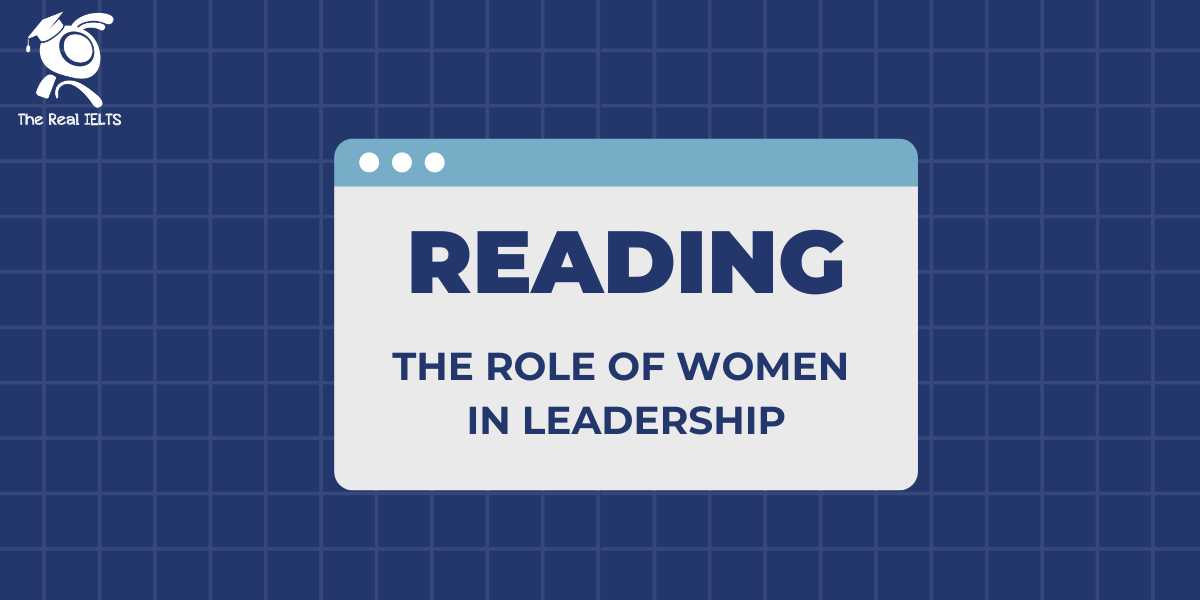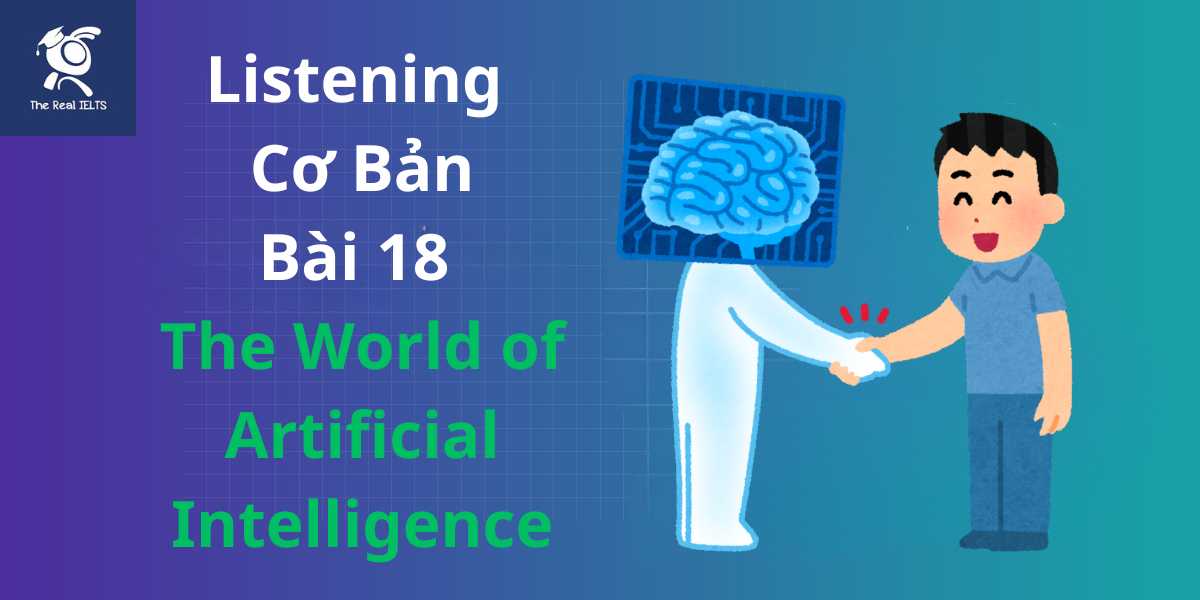Đề thi IELTS Reading có tiêu đề “The Role of Education in Social Mobility”
Nhớ đọc thêm các bài luyện thi IELTS nhé.
IELTS Reading:”The Role of Education in Social Mobility“
The Role of Education in Social Mobility
Education has long been regarded as a powerful tool for enhancing social mobility, acting as a bridge that enables individuals from various socio-economic backgrounds to improve their social standing. In an increasingly competitive global economy, the role of education in facilitating upward mobility has become even more critical. By providing individuals with the skills, knowledge, and qualifications necessary to access better job opportunities, education serves as a key mechanism for breaking the cycle of poverty and reducing social inequality.
One of the primary ways education promotes social mobility is by equipping individuals with the competencies required to succeed in the labor market. Higher levels of education, such as obtaining a university degree, are often associated with better employment prospects, higher salaries, and greater job security. For example, a person with a college education is more likely to secure a professional position than someone with only a high school diploma. This access to higher-paying jobs not only improves the individual’s economic status but also has a ripple effect on future generations. Children of educated parents often benefit from enhanced educational opportunities and a more stable home environment, which can further contribute to social mobility.
Moreover, education can serve as an equalizer by providing individuals from disadvantaged backgrounds with opportunities to compete on a more level playing field. Scholarships, financial aid, and public education systems help reduce the barriers to accessing quality education, ensuring that talented students, regardless of their economic background, can pursue their academic and career goals. This democratization of education enables individuals from lower socio-economic groups to climb the social ladder and achieve a higher standard of living.
In addition to economic benefits, education fosters social mobility by promoting critical thinking, creativity, and a broader understanding of the world. These intellectual tools empower individuals to make informed decisions, engage in civic activities, and contribute to society in meaningful ways. An educated populace is better equipped to advocate for social change, challenge injustices, and participate in the democratic process. This active engagement in society can lead to greater social mobility not just for individuals but for entire communities.
However, it is essential to recognize that the relationship between education and social mobility is complex and influenced by various factors. While education can open doors, other elements such as social networks, cultural capital, and systemic inequalities also play significant roles in determining an individual’s social mobility. For instance, even with a good education, individuals from marginalized communities may face discrimination in the job market, limiting their upward mobility. Similarly, access to high-quality education is often unevenly distributed, with those from affluent backgrounds enjoying greater access to prestigious institutions and resources.
Therefore, to maximize the role of education in promoting social mobility, it is crucial to address these underlying disparities. Policymakers must focus on creating more equitable educational systems that provide all students, regardless of their background, with the support and opportunities they need to succeed. This includes investing in early childhood education, improving the quality of public schools, and ensuring that higher education is accessible and affordable for all.
In conclusion, education is a vital tool for fostering social mobility, offering individuals the opportunity to improve their economic and social standing. While it has the potential to be a great equalizer, its effectiveness is contingent upon addressing broader social and economic inequalities. By creating more inclusive and equitable educational systems, society can harness the full potential of education to drive social mobility and create a more just and prosperous world.
Đề bài thi IELTS Reading
Multiple Choice
- What is one of the primary ways education promotes social mobility?
- A. By providing social networks
- B. By fostering discrimination
- C. By improving employment prospects
- D. By limiting access to resources
- Which of the following is associated with higher levels of education?
- A. Lower job security
- B. Decreased civic engagement
- C. Better employment opportunities
- D. Higher levels of discrimination
- Education is often seen as a tool for:
- A. Maintaining social inequality
- B. Enhancing social mobility
- C. Reducing intellectual capabilities
- D. Promoting economic disparity
- Which of the following does the passage suggest is necessary for social mobility?
- A. Wealth
- B. Education
- C. Social networks
- D. Cultural capital
- The text mentions that education can:
- A. Decrease social mobility
- B. Limit access to higher-paying jobs
- C. Break the cycle of poverty
- D. Reduce job security
True/False/Not Given
- The passage states that education alone is enough to guarantee social mobility.
- True / False / Not Given
- Access to education is equally distributed among all socio-economic groups.
- True / False / Not Given
- Higher education is associated with better job security.
- True / False / Not Given
- The text suggests that children of educated parents are likely to face greater challenges in achieving social mobility.
- True / False / Not Given
- The passage claims that financial aid can help reduce barriers to education.
- True / False / Not Given
Yes/No/Not Given
- Does the author believe that education alone can eliminate social inequalities?
- Yes / No / Not Given
- According to the author, should policymakers focus on improving access to early childhood education?
- Yes / No / Not Given
- Does the passage imply that an educated populace is more likely to engage in civic activities?
- Yes / No / Not Given
- Does the author suggest that the wealthy have less access to quality education?
- Yes / No / Not Given
- Is the text implying that systemic inequalities have no impact on social mobility?
- Yes / No / Not Given
Matching Information
- Match the following statements with the correct paragraph:
- A. Education acts as a bridge for social mobility.
- B. The role of critical thinking in social mobility.
- C. Challenges faced by marginalized communities.
- D. The need for equitable educational systems.
Matching Headings
- Match each paragraph with the appropriate heading:
- A. The impact of education on future generations.
- B. The democratization of education.
- C. The complex relationship between education and social mobility.
- D. The role of policymakers in improving education.
Matching Features
- Match the following features with the appropriate concepts from the passage:
- A. Financial aid
- B. Social networks
- C. Civic engagement
- D. Systemic inequalities
Matching Sentence Endings
- Complete the following sentence: “Higher levels of education often lead to…”
- A. better employment prospects and job security.
- B. greater access to public education systems.
- C. decreased involvement in civic activities.
- D. limited opportunities for upward mobility.
- Complete the following sentence: “Education serves as an equalizer by…”
- A. promoting economic disparity.
- B. offering equal access to high-quality resources.
- C. equipping individuals with job-specific skills.
- D. maintaining existing social hierarchies.
Sentence Completion
- Education is considered a key mechanism for __________.
- Scholarships and financial aid help reduce __________ to accessing quality education.
- An educated populace is better equipped to __________ for social change.
- Access to __________ is often unevenly distributed across different socio-economic groups.
- To maximize social mobility, policymakers must focus on creating more __________ educational systems.
Summary Completion
26-30. Complete the summary using words from the passage: Education plays a crucial role in __________ social mobility by providing individuals with the necessary __________ to access better job opportunities. However, the relationship between education and social mobility is __________ and influenced by factors such as social networks and systemic __________. To address these challenges, policymakers must work towards creating more __________ educational systems.
Short Answer Questions
- What does education provide individuals with to succeed in the labor market?
- How does education affect future generations according to the passage?
- What role does critical thinking play in social mobility?
- Why is the relationship between education and social mobility described as complex?
- What should policymakers focus on to improve the role of education in social mobility?
Diagram Label Completion
36-40. Label the diagram based on information in the passage: (Provide a diagram with elements such as “Education,” “Social Mobility,” “Economic Benefits,” and “Barriers”)
Đáp án bài thi IELTS Reading
Multiple Choice
- C. By improving employment prospects
- C. Better employment opportunities
- B. Enhancing social mobility
- B. Education
- C. Break the cycle of poverty
True/False/Not Given
- False. The passage states that education is important for social mobility, but it is not the only factor.
- False. The passage mentions that access to high-quality education is often unevenly distributed.
- True. Higher education is associated with better job security according to the passage.
- False. The passage suggests that children of educated parents benefit from better opportunities.
- True. The passage mentions that financial aid can help reduce barriers to education.
Yes/No/Not Given
- No. The author believes education is important but not sufficient on its own.
- Yes. The passage suggests that early childhood education is crucial for promoting social mobility.
- Yes. The passage mentions that an educated populace is better equipped to engage in civic activities.
- Not Given. The passage does not specifically compare the access of the wealthy to quality education.
- No. The passage suggests that systemic inequalities do impact social mobility.
Matching Information
- Match the statements:
- A. Education acts as a bridge for social mobility. → Paragraph 1
- B. The role of critical thinking in social mobility. → Paragraph 4
- C. Challenges faced by marginalized communities. → Paragraph 6
- D. The need for equitable educational systems. → Paragraph 7
Matching Headings
- Match the headings:
- A. The impact of education on future generations. → Paragraph 2
- B. The democratization of education. → Paragraph 3
- C. The complex relationship between education and social mobility. → Paragraph 6
- D. The role of policymakers in improving education. → Paragraph 7
Matching Features
- Match the features:
- A. Financial aid → Reducing barriers to education
- B. Social networks → Influencing social mobility
- C. Civic engagement → Empowered by education
- D. Systemic inequalities → Impacting access to opportunities
Matching Sentence Endings
- “Higher levels of education often lead to…”
- A. better employment prospects and job security.
- “Education serves as an equalizer by…”
- C. equipping individuals with job-specific skills.
Sentence Completion
- Education is considered a key mechanism for breaking the cycle of poverty.
- Scholarships and financial aid help reduce barriers to accessing quality education.
- An educated populace is better equipped to advocate for social change.
- Access to high-quality education is often unevenly distributed across different socio-economic groups.
- To maximize social mobility, policymakers must focus on creating more equitable educational systems.
Summary Completion
26-30. Complete the summary: Education plays a crucial role in promoting social mobility by providing individuals with the necessary skills to access better job opportunities. However, the relationship between education and social mobility is complex and influenced by factors such as social networks and systemic inequalities. To address these challenges, policymakers must work towards creating more equitable educational systems.
Short Answer Questions
- Skills, knowledge, and qualifications.
- Children of educated parents often benefit from enhanced educational opportunities and a more stable home environment.
- Critical thinking empowers individuals to make informed decisions, engage in civic activities, and contribute to society.
- The relationship is complex because it is influenced by social networks, cultural capital, and systemic inequalities.
- Policymakers should focus on creating more equitable educational systems that provide support and opportunities for all students.
Diagram Label Completion
36-40. (This section would involve a diagram that visually represents the relationships described in the passage, so exact answers depend on the specific diagram provided.)
Luyện tập bài khác ở bài viết:”100 bài luyện IELTS Reading 2024 – 2025“


